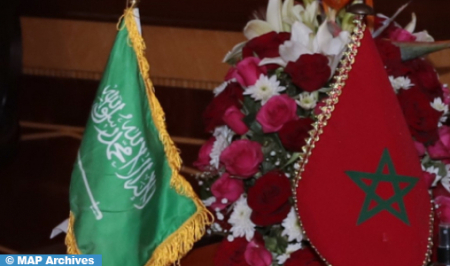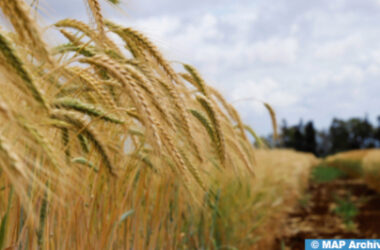At a meeting chaired by the Custodian of the Two Holy Mosques King Salman bin Abdulaziz Al-Saud, the Saudi Cabinet approved the MoU signed by Morocco’s National Authority for Probity, Prevention and the Fight against Corruption (INPPLC) and the Saudi Anti-corruption authority, on the sidelines of the 4th Conference of States Parties to the Arab Anti-Corruption Convention, held on March 22 in Riyadh.
Welcoming the approval of the MoU, Mazin Bin Ibrahim Al-Kahmous, chairman of the Saudi Authority, stressed that this endorsement is part of the authorities concern to combat cross-border corruption, in all its forms, at the local and international levels.
In statements to Saudi Press Agency, Al-Kahmous underlined the willingness of the authority he chairs to monitor and fight against corruption, in order to strengthen its regional, Arab and international cooperation in this area, as well as cooperation with regional and international bodies and organizations active in this field.
This memorandum of understanding aims “to strengthen international cooperation in the field of prevention and fight against corruption, exchange of expertise and information on corruption crimes and development and capacity building,” he stated.










